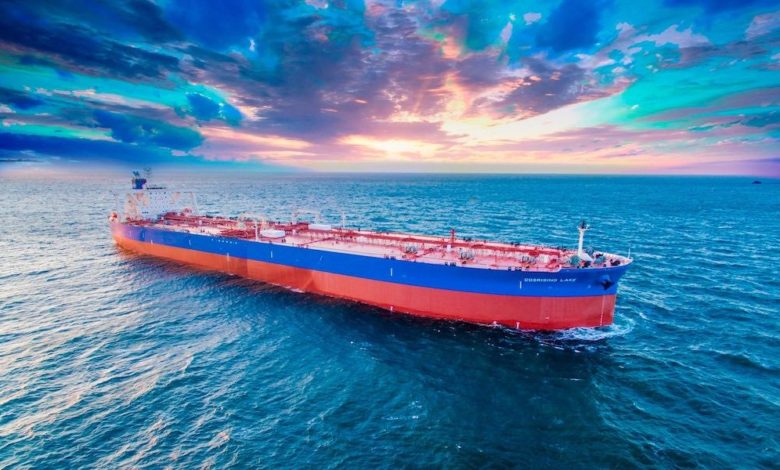COSCO bulk divisions embrace electronic bills of lading

Electronic bills of lading (eBL) for energy transportation and bulk shipments are now happening with COSCO’s bulk divisions joining the Hong Kong-headquartered blockchain platform Global Shipping Business Network.
Traditionally, both bulk and energy shipments have relied heavily on letters of indemnity (LOIs) as proof of shipment ownership to authorise cargo release to the consignee in the absence of an original bill of lading.
COSCO has shown that this antiquated method can be updated finally for the 21st century.
COSCO Bulk recently issued its first eBL for Yancoal, an Australian-based coal producer, connecting the entire business chain including banks, traders, miners and end-users. COSCO Energy also issued the first eBL for 30,000 tons of domestic trade marine oil for the shipment of China National Offshore Oil Corporation this month. The bill of lading was confirmed by the upstream and downstream parties and returned to the carrier to complete the release.
Bertrand Chen, CEO of GSBN said, “Our goal has always been to develop GSBN into a platform that can support the full spectrum of shipping. This announcement therefore represents a significant milestone for the consortium and the digitisation journey for the industry. The successful issuance of eBLs for bulk cargo and energy shipment will also unlock greater trade finance for the industry as banks want a single point to interface with all types of eBLs and trusted shipping data, especially for high value cargo such as bulk and energy transportation.”
